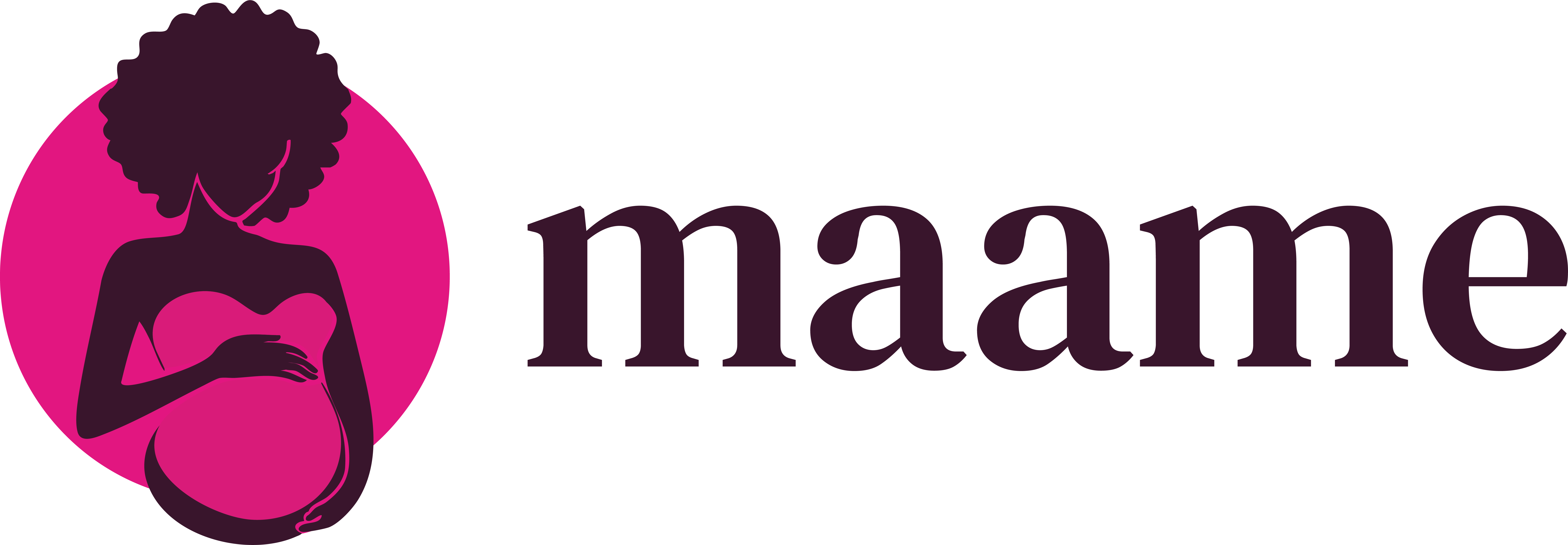Our Mission
We build community-rooted care by training birth workers and expanding access to high-quality maternal and family support, strengthening systems that benefit communities most impacted by care gaps.
MAAME began in 2018 to make sure every family can get quality, dignified maternal health care, no matter their background or where they live.
After going through her own pregnancy, Maya Jackson started MAAME to help families like hers—and struggling families who face unfair challenges in getting access to quality care and support. What started as a grassroots effort to train and equip community doulas quickly evolved into something much larger: a trusted community supporting families and working with various health systems to improve care.
Today, MAAME operates across eight counties, offering services from community-based doulas and postpartum care to mental health support, nutrition access, workforce training, and research advocacy.
We believe in creating new ways to care for families—led by the community, based in culture, and rooted in trust. We’ve earned that trust by showing up with consistency, compassion, and expertise alongside our families and community partners.
MAAME is more than a service provider—we are a movement. We are bringing back the village. We’re shaping a future where every family can birth, parent, and thrive with dignity. We’re growing every day—and we invite you to join us in creating systems of care that uplift, respect, and truly serve our communities.
Core Values
We practice integrity and accountability
Transparency, high standards, and follow-through guide our work, ensuring our actions match our values.
We collaborate for
greater impact
Partnerships rooted in shared learning and trust allow us to build stronger, more sustainable community solutions.
We center community
with dignity
Lived experiences shape every decision, ensuring care is affirming, respectful, and responsive to real needs.
We reclaim and honor
culture
Ancestral knowledge, family traditions, and community wisdom are essential to how families give and receive care.
We innovate with clear purpose
New ideas are grounded in lived realities, filling critical gaps with solutions that serve, not just impress.
We steward resources
sustainably
Resources, relationships, and knowledge are shared and preserved to support families now and for generations to come.

